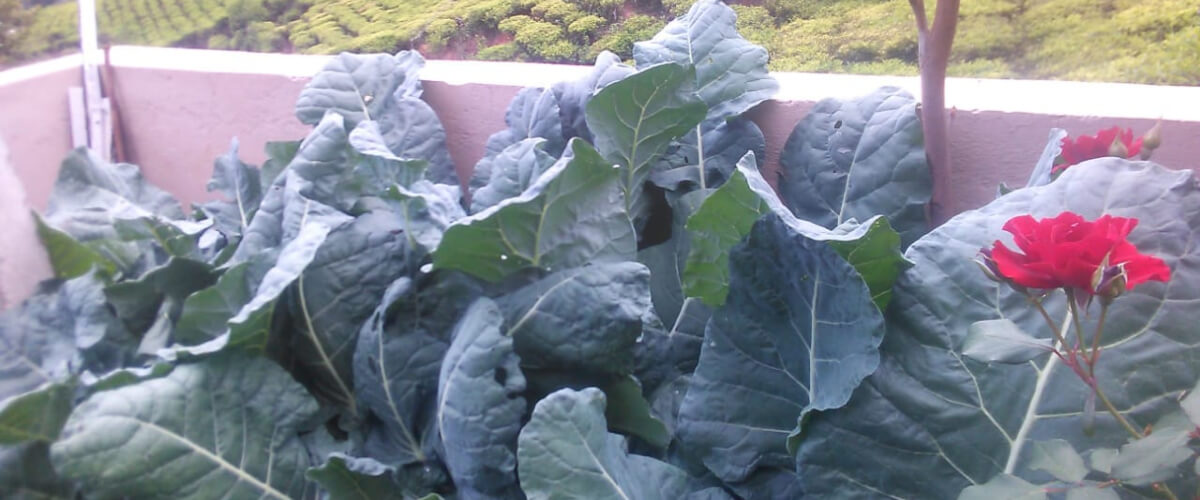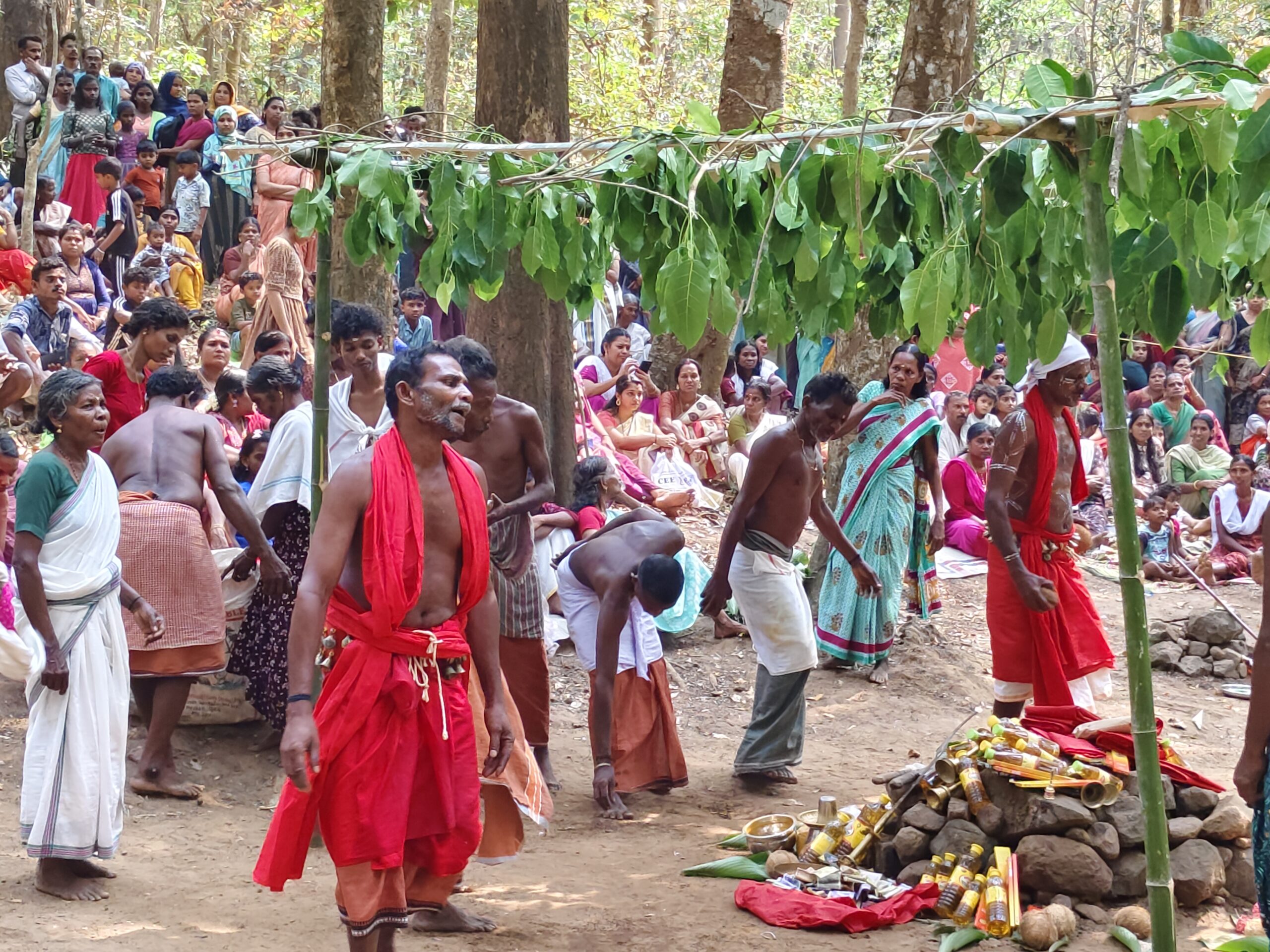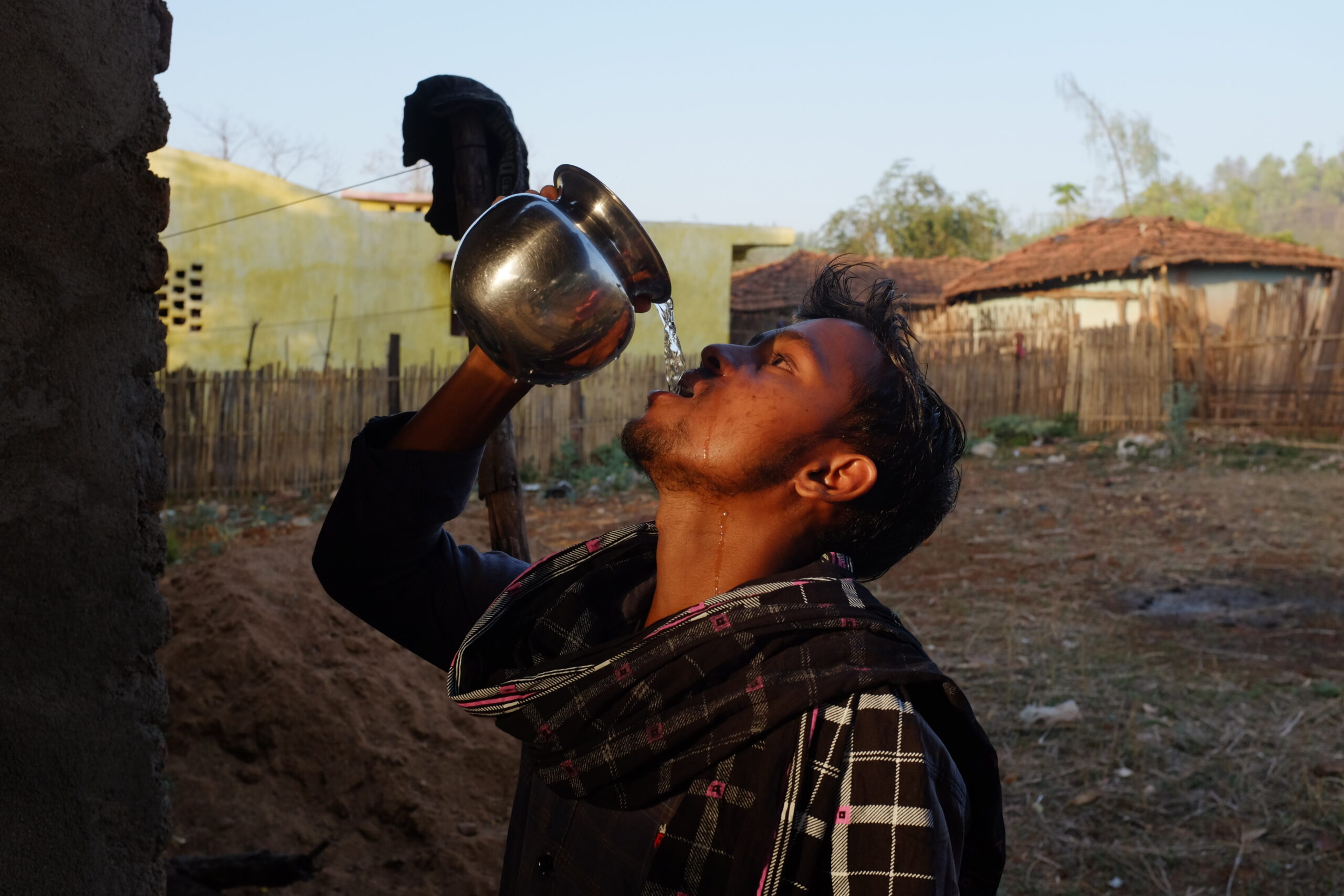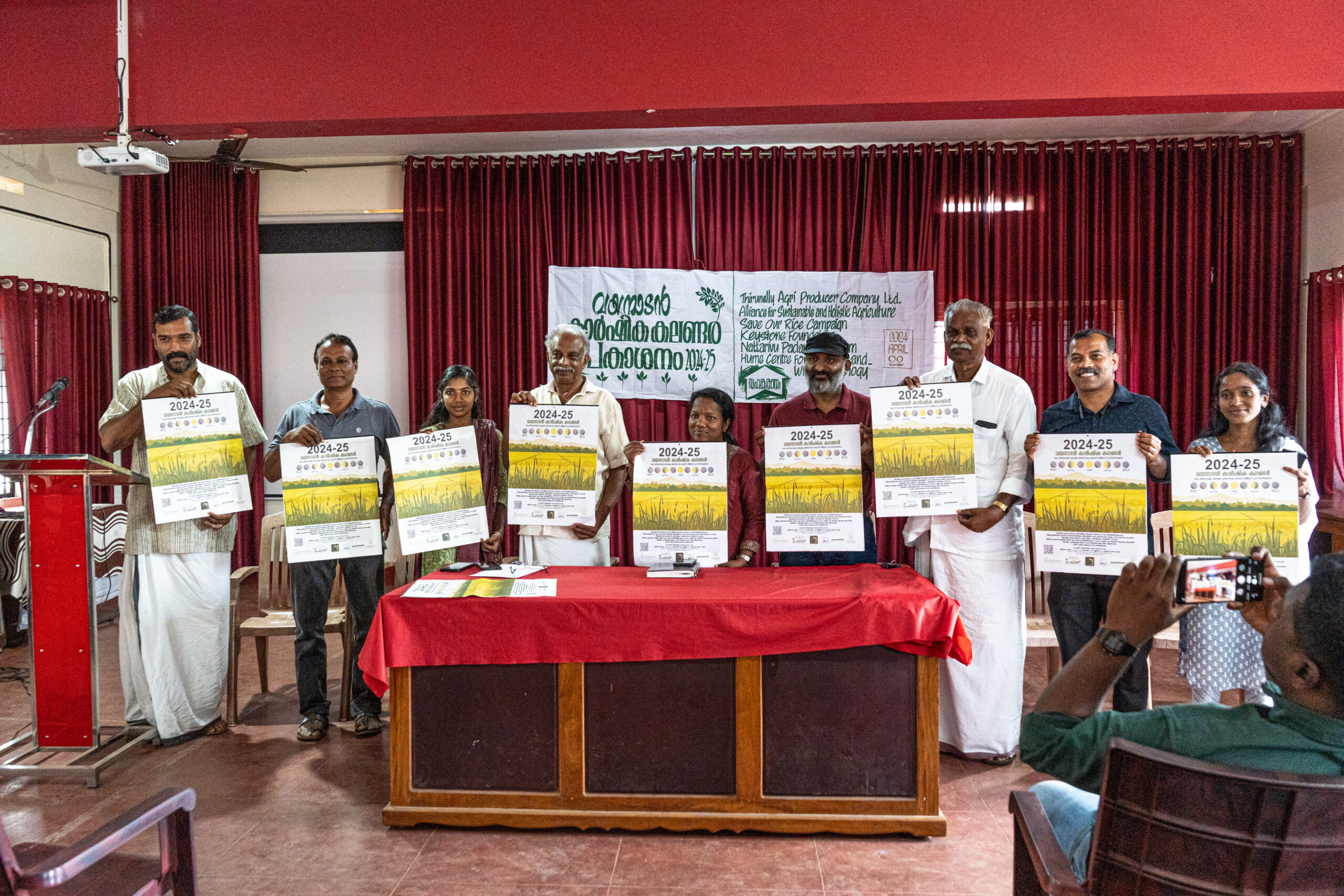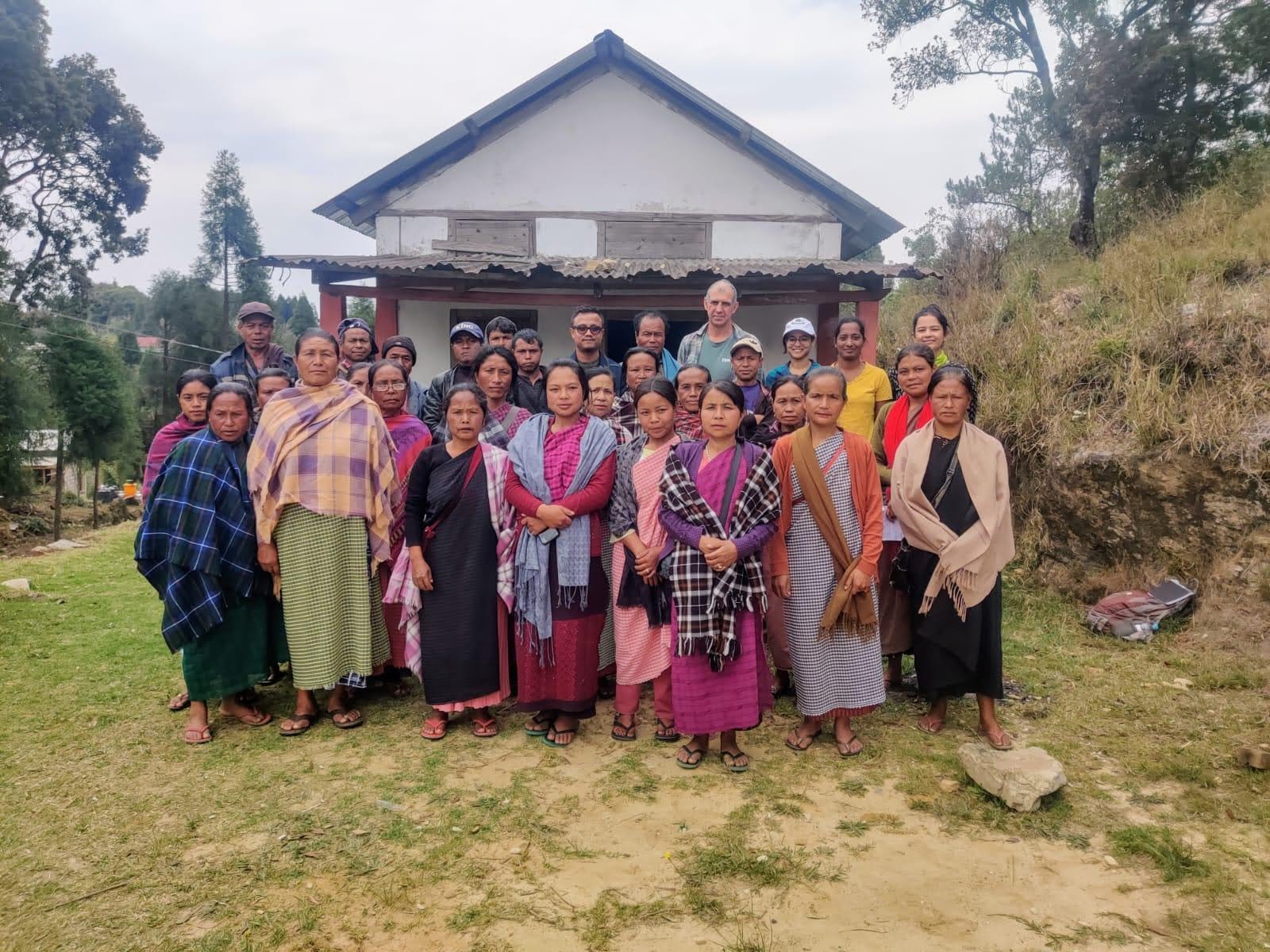“It was all so coincidental that a lockdownfollowed after we distributed kitchen garden sets to 36 houses in Kotagiri”,said Shailaja- a community steward who has been engaged with KeystoneFoundation for over 4 years. What started as a vision to re-think restorationin the urban by increasing biodiversity in spaces where there is high built upareas turned out to serve as a great time pass during the lockdown. Not onlywas it a productive hobby, it also provided food and self-reliance during atime of crisis. “I no longer have to go to the market to buy greens as they areall available in my own backyard-so much so, that I distribute the excess to myneighbours and relatives”, exclaimed Ponamma-another community steward who alsohas been engaged with Keystone Foundation for over 4 years.
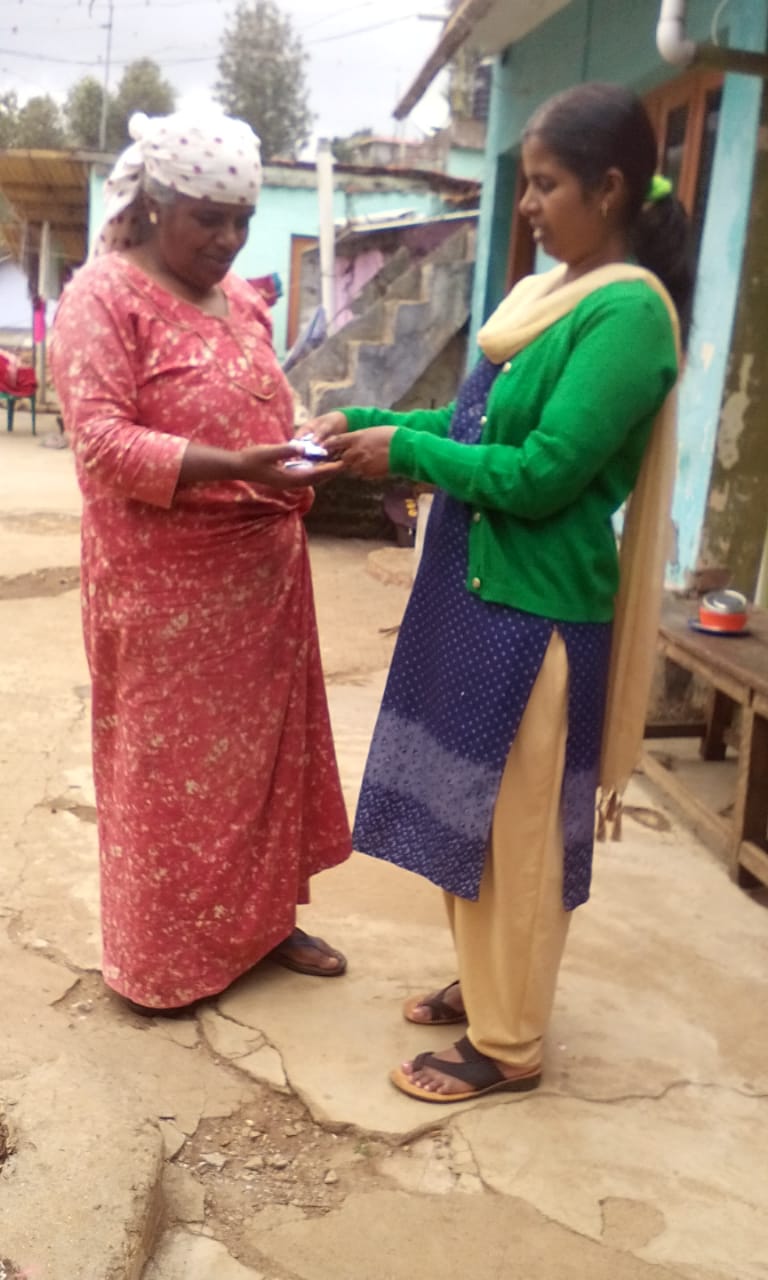
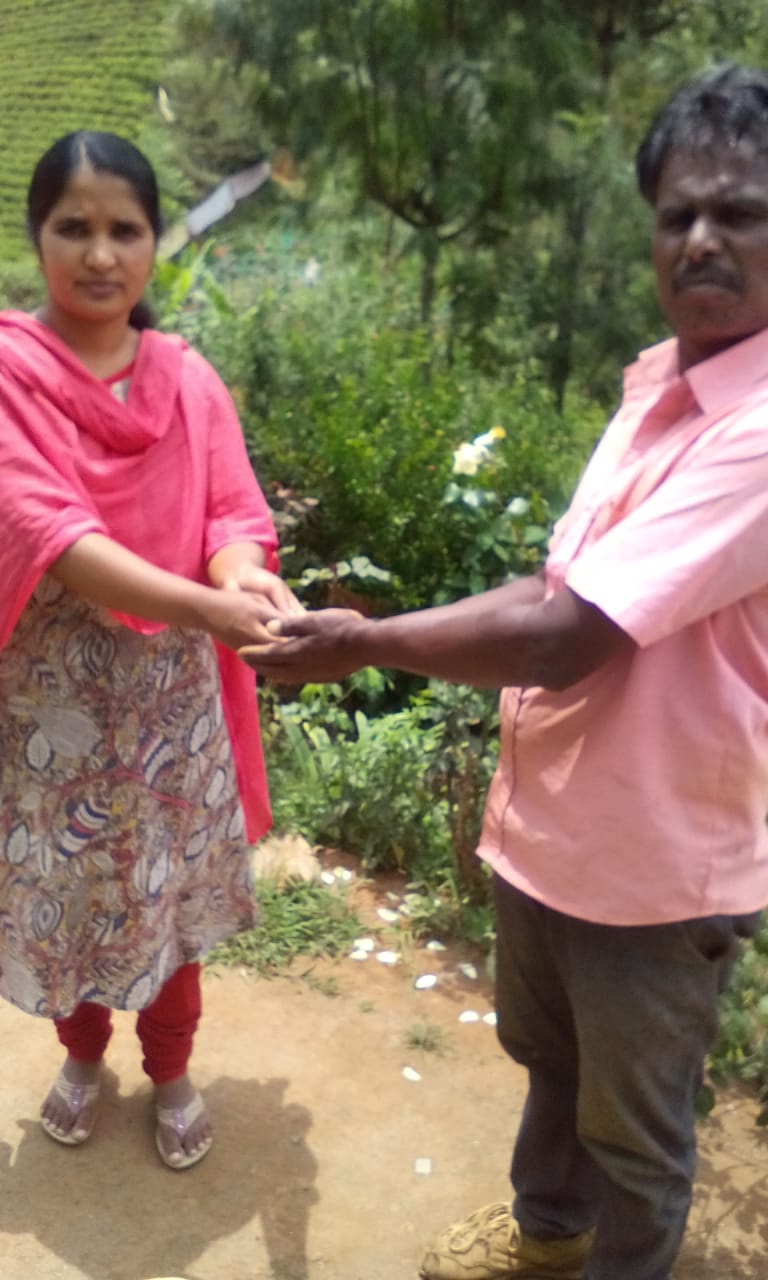
Being part of the community, seeds were distributed quite quickly as their first targets were family and neighbours. Soon after, word spread to even people outside the community -a family who got stranded in Kotagiri during the Corona lockdown, requested for seeds to plant back in their house in Kerala. Many college students took the lead to spread the word to their peers, who in turn reached out to ask for seeds. In Kovill Medu-the the first area where seeds were distributed-two teachers who showed keen interest and have already relished their first harvest. One of the teachers’- Julie, already had a kitchen garden but was happy with the diversity of seeds given to her, especially since seeds of vegetables like broccoli are hard to get. With her first yield, she made broccoli fry and shared it with her relatives. As inputs, she uses cow dung which she buys from the milkman. Leaf litter and compost are other inputs that are used to enhance the yield.
The main reluctance with most households to dokitchen gardening is animals raiding their gardens. But that hasn’t stoppedmost of them from experimenting-some have tied temporary sarees as barricadesand some have even switched to terrace gardening to avoid the ground levelforagers. And there are some who don’t mind sharing the fruits of their yieldwith the animals. Monkeys, porcupines, wild boars and gaurs seem to be the mainwildlife that is attracted to kitchen gardens, where each animal requiresdifferent approaches to ward off. Fencing is not only an expensive measure tosecure gardens, but it also blocks routes for wild animals like gaur and wildboar and causes injury to animals like monkeys. Promoting composting in theNilgiris is another dilemma because on one hand it addresses segregation of wetwaste as well as increases soil fertility and enhances organic farming but onthe other hand, it attracts animals like monkeys and wild boars. Whilekitchen gardens are a road to self-reliance during COVID times in urban townslike Kotagiri, it also increases biodiversity-so much so that it can alsoincrease human-wildlife interactions, bringing in their own set of challenges.
By Nayantara Lakshman

